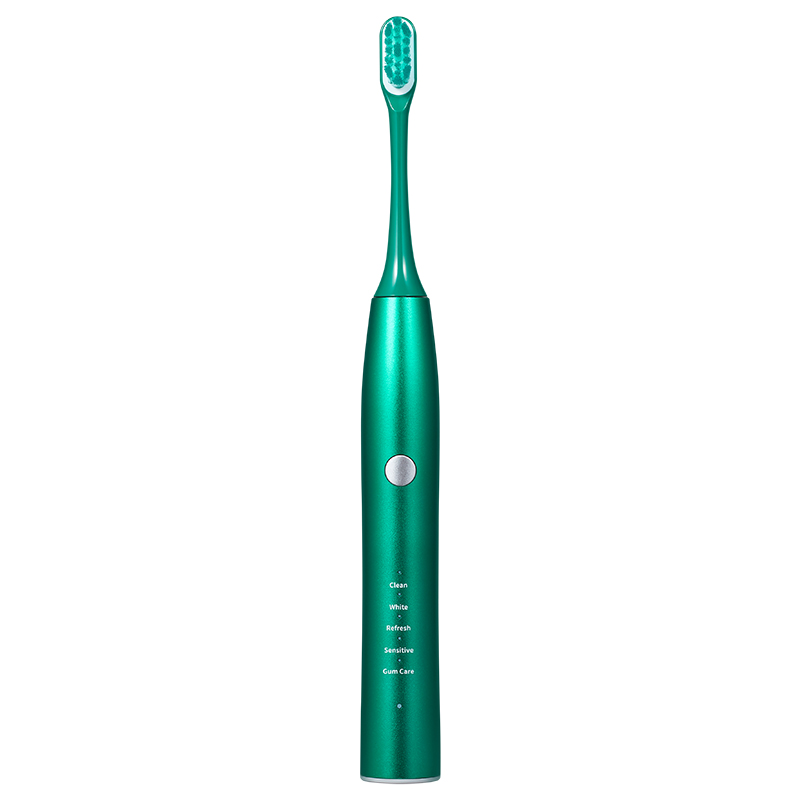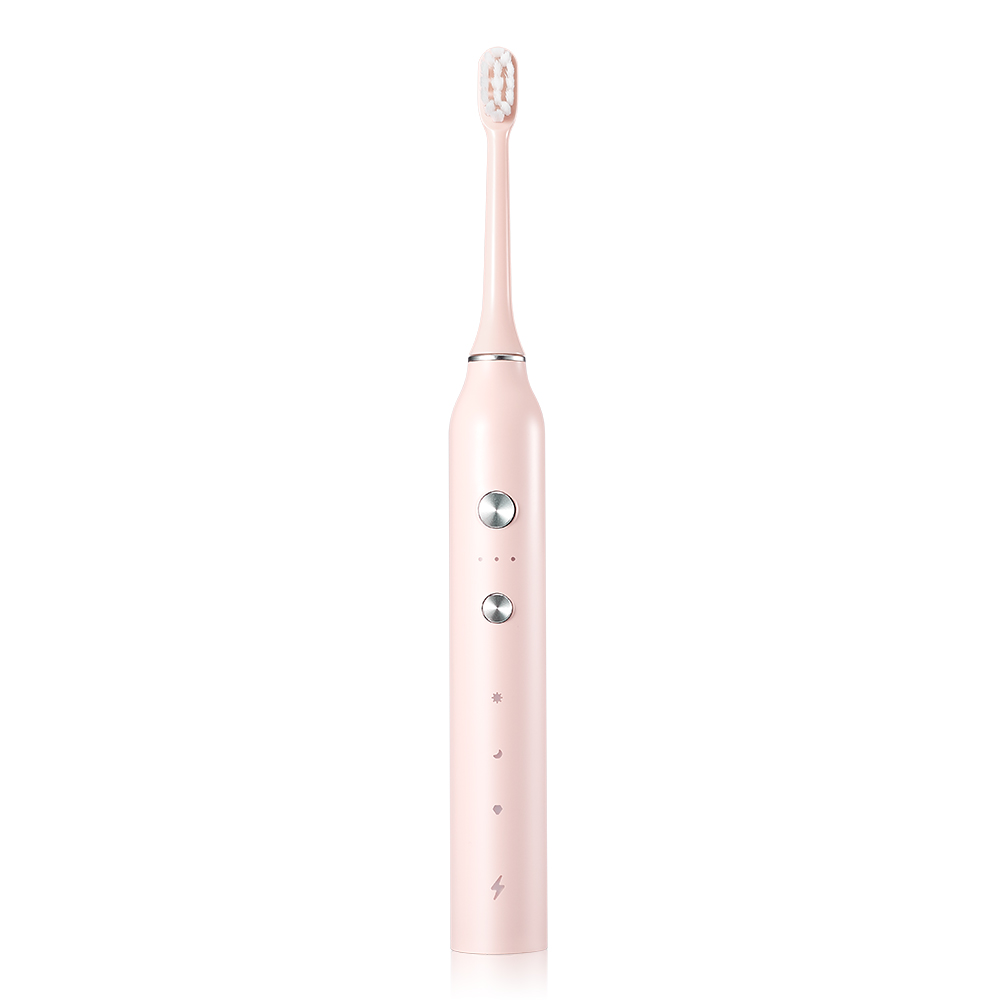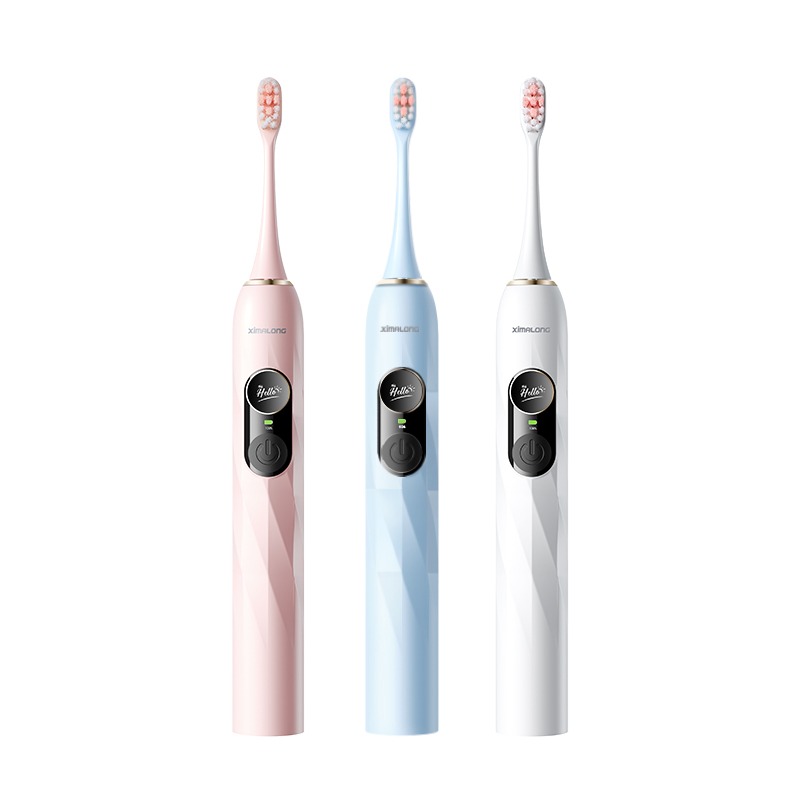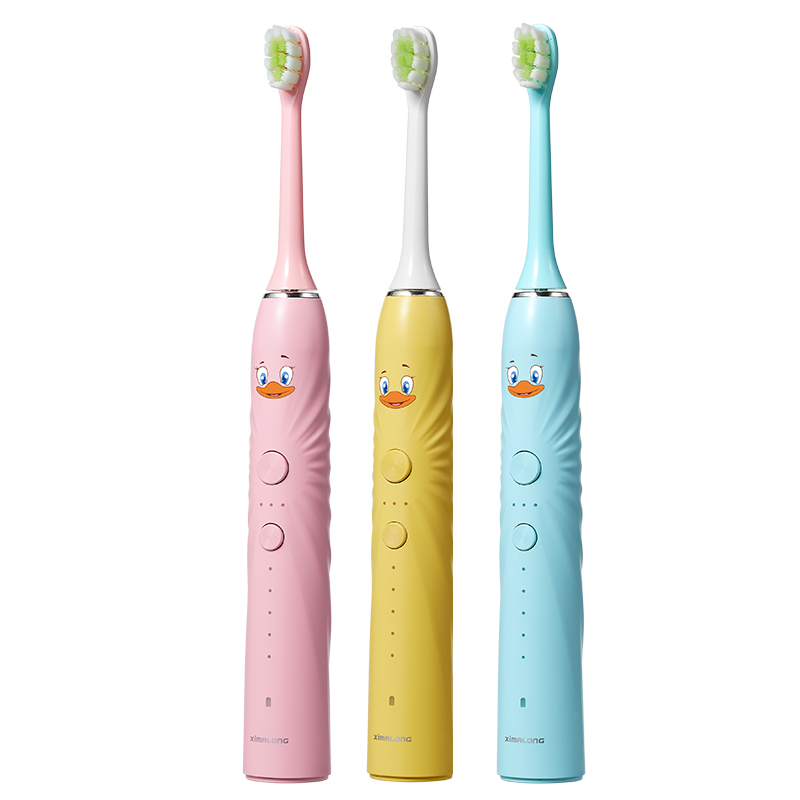How Does a Soft Bristle Toothbrush Prevent Enamel Damage Compared to Hard Bristles?
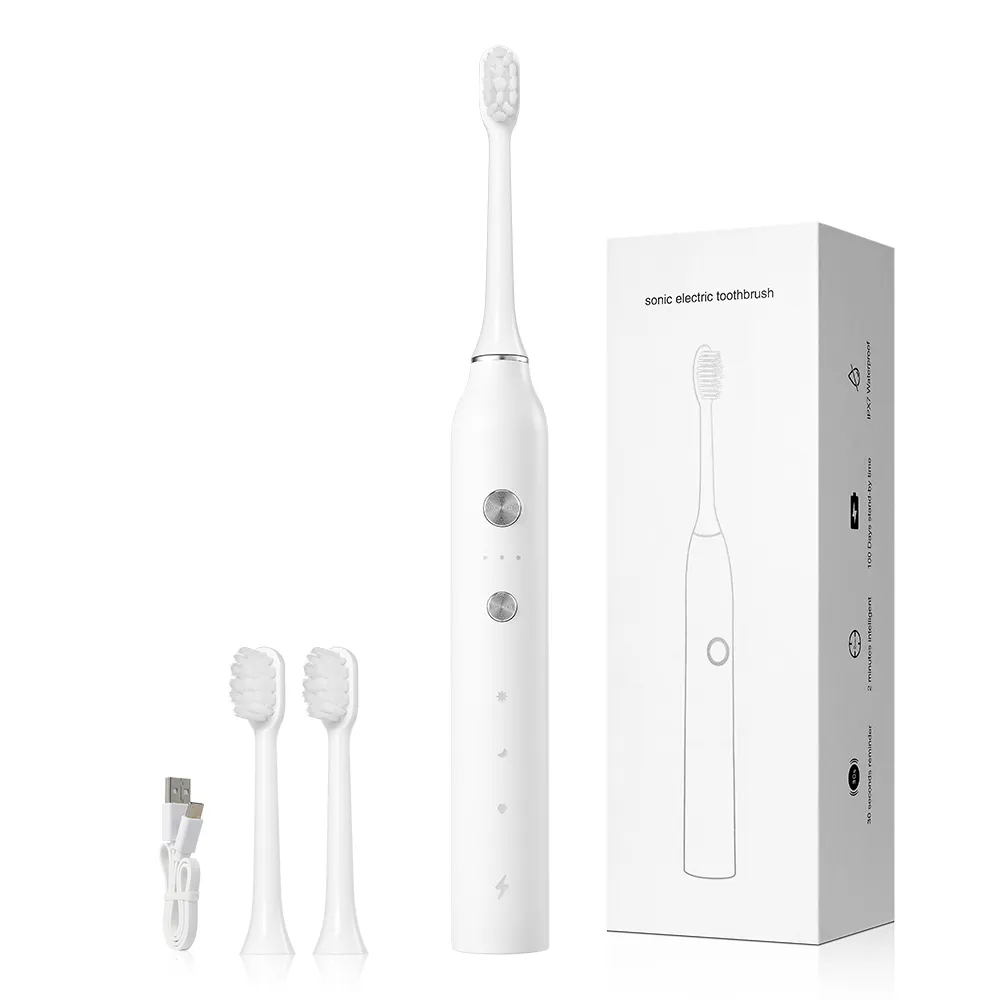
When it comes to oral care, choosing the right toothbrush is crucial. While many people opt for a hard bristle toothbrush, it may not always be the best choice for long-term oral health. Soft bristle toothbrushes have become a preferred option for many dental professionals and consumers. This article will explore how using a soft bristle toothbrush can help prevent enamel damage compared to hard bristle brushes and why it’s essential for preserving the health of your teeth.
Understanding Tooth Enamel and Why It Needs Protection
Tooth enamel is the hard, outer surface layer of your teeth that provides a protective barrier. This enamel is essential for keeping your teeth strong and preventing cavities. Over time, however, enamel erosion can occur due to various factors, including acidic foods, brushing habits, and even certain medications.
When you brush your teeth with the wrong type of toothbrush, you can unintentionally damage this delicate enamel. Hard bristle brushes may feel effective at first, but they can actually wear away at your tooth enamel, leading to sensitive teeth, cavities, and gum recession.
Why Choose a Soft Bristle Toothbrush for Enamel Protection?
Gentle Cleaning Without Scratching
One of the most significant advantages of a soft bristle toothbrush is that it provides gentle cleaning without causing unnecessary damage to your tooth enamel. The softer bristles are less abrasive, reducing the risk of scratching or wearing down the enamel compared to hard bristle brushes. Soft bristles effectively remove plaque and food particles without harming your teeth.
Ideal for Sensitive Teeth
If you suffer from sensitive teeth, a soft bristle toothbrush can make a world of difference. Brushing with hard bristles can cause discomfort, especially if you have gum recession or exposed tooth roots. A soft bristle brush is gentler on sensitive areas and helps prevent irritation.
Prevent Gum Recession and Cavities
Using a soft bristle toothbrush helps prevent gum recession, a condition where the gums pull back from the teeth, exposing sensitive areas. When gums recede, teeth become more vulnerable to plaque buildup and cavities. A gentle brush will keep your gums and teeth in better condition, reducing the risk of dental issues.
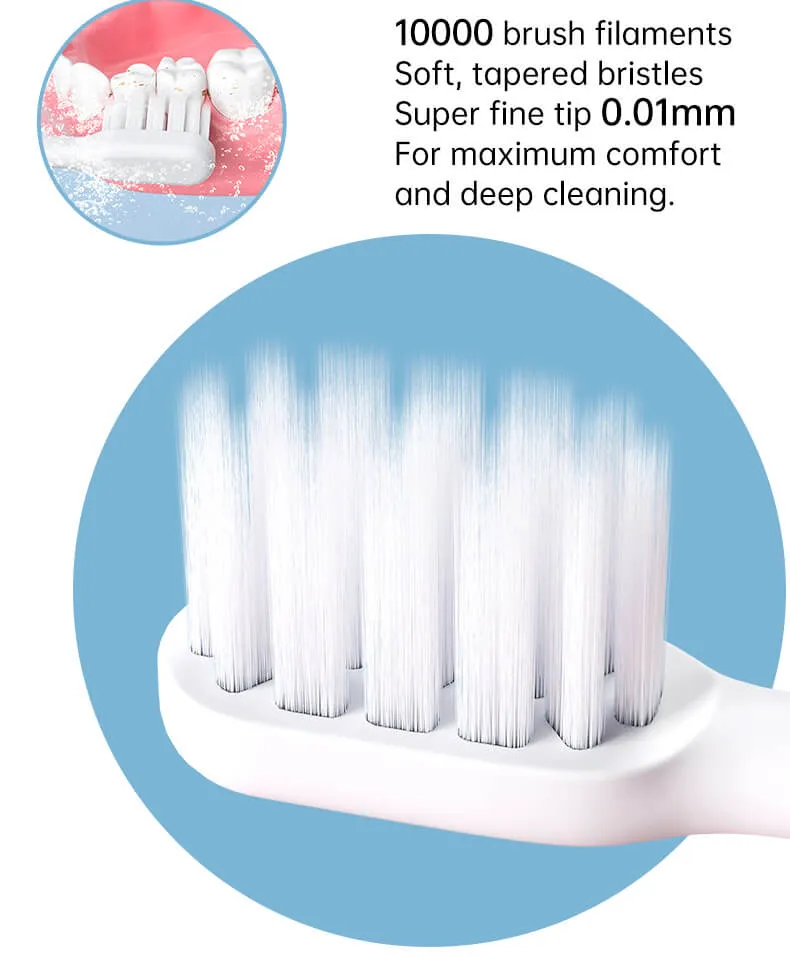
The Risks of Hard Bristle Brushes and Enamel Damage
Abrasive Nature of Hard Bristles
Hard bristles, while effective at scrubbing, can be too harsh on tooth enamel. Over time, they may wear away the enamel, leading to tooth sensitivity and exposing the inner layers of your teeth. This erosion can increase your vulnerability to cavities and discoloration.
Impact on Gum Health
In addition to enamel damage, hard bristle brushes can contribute to gum recession. The bristles can push against the gums, causing them to pull back from the teeth. This not only makes your teeth more susceptible to plaque but also increases the risk of gum disease.
The False Sense of Cleanliness
While hard bristle brushes may seem to clean more thoroughly due to their abrasiveness, they often leave the gums and enamel vulnerable. The harsh scrubbing action does more harm than good in the long run. A soft bristle toothbrush, on the other hand, offers a balanced, effective clean while being much gentler on your gums and enamel.
The Right Brushing Technique for Enamel Protection
Even the best toothbrush can’t protect your teeth if you don’t brush properly. Proper brushing technique is critical for enamel protection:
Use a gentle, circular motion: Avoid aggressive back-and-forth scrubbing, which can lead to enamel wear.
Don’t apply too much pressure: Let the soft bristles do the work. Pressing too hard can damage your gums and enamel.
Brush for two minutes: Make sure you brush all areas of your teeth for the recommended time, ensuring an effective clean.
Don’t forget to replace your toothbrush: Over time, even a soft bristle toothbrush can wear out. Replace it every three months to maintain optimal performance.
Benefits of Using a Soft Bristle Toothbrush for Long-Term Oral Health
Switching to a soft bristle toothbrush offers several long-term benefits for your oral health:
Prevents enamel erosion: Gentle bristles ensure that your enamel remains intact.
Reduces tooth sensitivity: Ideal for people with sensitive teeth or gums.
Improves gum health: Helps prevent gum recession and bleeding.
Suitable for all age groups: Whether for children or adults, soft bristles are safe for all.
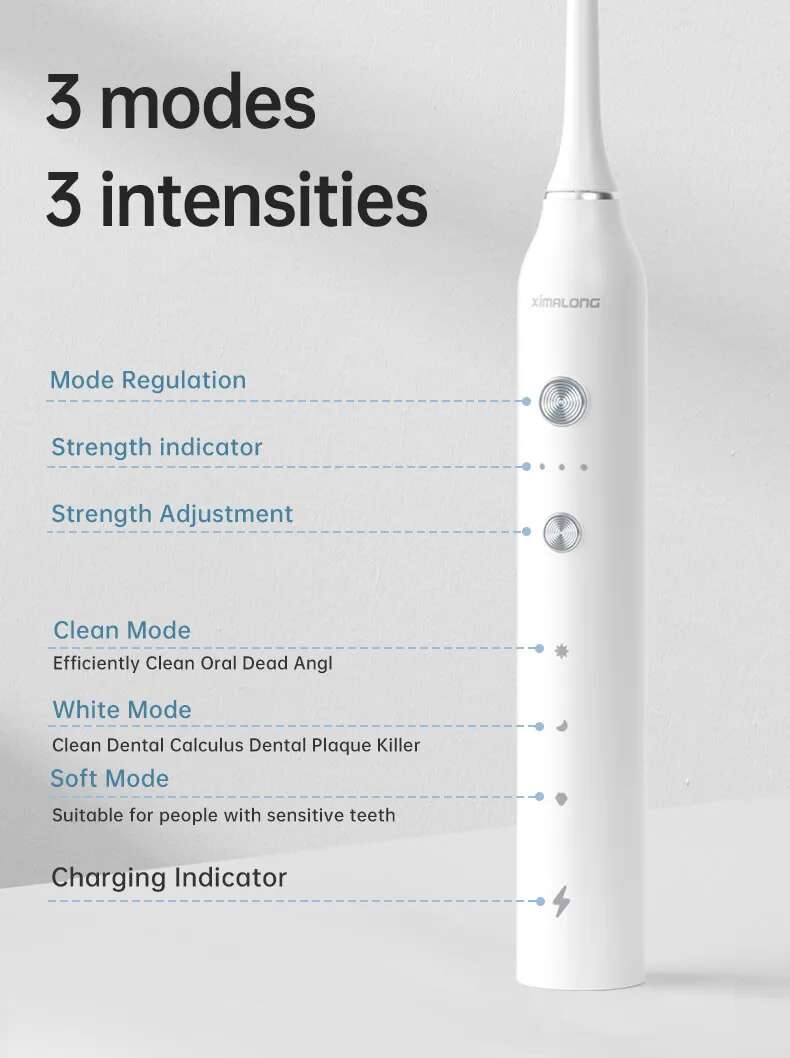
Conclusion
Choosing the right toothbrush is essential for maintaining oral health. A soft bristle toothbrush offers numerous benefits over hard bristle brushes, including better enamel protection, gentler cleaning, and prevention of gum recession. By switching to a soft bristle toothbrush, you can improve your dental hygiene, reduce sensitivity, and ensure that your teeth stay strong and healthy for years to come.
FAQ
Q1: How often should I replace my soft bristle toothbrush?
It’s recommended to replace your toothbrush every 3-4 months or sooner if the bristles are frayed.
Q2: Is a soft bristle toothbrush suitable for children?
Yes, soft bristle toothbrushes are ideal for children, as they are gentle on their developing teeth and gums.
Q3: Can a soft bristle toothbrush help with gum recession?
Yes, soft bristles are gentle on the gums, helping to prevent further recession and irritation.

